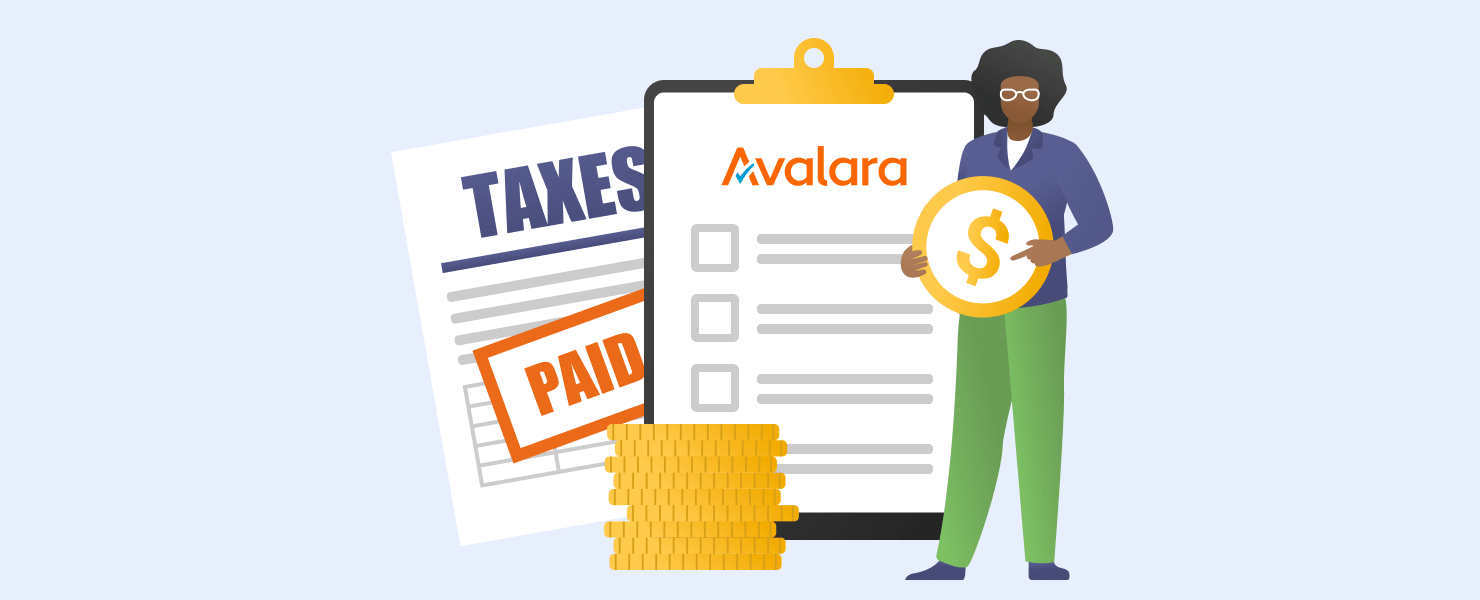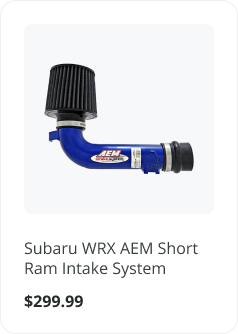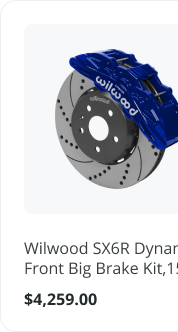How Will the New Rules for Sales Tax Affect Your Business
The Supreme Court of the United States recently issued a ruling that will affect eCommerce store owners. It concerns a tricky topic: sales tax nexus in different states.
New sales tax law
In the landmark case South Dakota v. Wayfair, Inc. the court removed the physical presence rule that has long prevented states from taxing sales by businesses with no physical presence in the state. It found the physical presence limitation to be “unsound and incorrect,” and the defendants’ “economic and virtual contacts” with the state to be a sufficient basis for nexus. States now have a clear path to taxing remote sales.
Before the Wayfair decision, businesses only had to collect sales taxes if they had a physical presence within that state.
Post Wayfair, states can require more out-of-state sellers to collect and remit sales tax.
South Dakota’s nexus law says that out-of-state sellers have to collect and remit South Dakota sales if in the current or previous calendar year:
- They earn more than $100,000 in gross revenue from South Dakota customers;
OR
- They conduct more than 200 separate transactions in the state.
What is sales tax nexus?
Sales tax nexus is established when there is a substantial enough connection between a state and a business for the state to require the business to collect and remit sales tax. It has historically been based on physical presence. The decision in South Dakota v. Wayfair, Inc. suggests states are free to base sales tax nexus on economic activity in the state.
In recent years, online sales have skyrocketed and states have realized how much potential sales tax revenue they’re missing by not taxing online sales by out-of-state sellers. To capture more remote sales tax revenue, they’ve gotten creative with the sales tax laws.
Here are a couple of examples of when an out-of-state online store can be considered physically present in a state:
- It places software or web cookies on in-state computers and devices to promote sales;
- It has an affiliate or subsidiary relationship with a party in that state.
South Dakota’s way of defining nexus — through economic activity in the state — is most likely to succeed (i.e., be permitted to stand). It’s therefore being emulated by many states.
Economic nexus means that businesses with no physical presence in a state can establish nexus by engaging in a certain amount of economic activity within a state.
Other states defining nexus
Other states have been keeping a close eye on the South Dakota case. Since the decision was announced on June 21, 2018, approximately two dozen states have decided to adopt or enforce economic nexus policies of their own. These include Georgia, Hawaii, Illinois, Iowa, Kentucky, New Jersey, Maryland, and Washington.
Thresholds vary from state to state. For example:
Georgia:
- More than $250 in retail sales; or
- 200 or more retail sales into the state
Minnesota:
- 10 or more retail sales totaling more than $100,000; or
- 100 or more retail sales into the state
Vermont:
- At least $100,000 in gross revenue; or
- 200 transactions per year into the state
Ecommerce businesses are closely watching announcements and guidance from any state where they have customers to stay abreast of the latest developments.
What the ruling could mean for the future
While the Wayfair ruling paves the way for states to establish economic nexus, it doesn’t offer carte blanche. States that want to change their nexus rules will most likely model them closely on South Dakota’s law.
The majority opinion in the Wayfair ruling suggests that a state’s nexus law is constitutional if certain elements are present:
- There is an exception for small sellers
- There is no retroactive application of the law
- The state is a member of the Streamlined Sales and Use Tax Agreement
Big impact on ecommerce sellers
Over the years, the economic impact of ecommerce has grown. States have found more and more ways to capture sales taxes from online transactions. More and more online sellers are being required to collect the taxes. The Supreme Court’s ruling in South Dakota v. Wayfair, Inc. accelerates this trend.
It’s clear that states are eyeing the Supreme Court’s ruling with interest. States will take as much advantage of the new rules as possible to broaden the reach of their sales tax nexus.
Ecommerce sellers need to stay on top of this changing landscape to make sure they’re following the nexus law.
The good news for small businesses is that the Supreme Court underscored the need to protect small businesses. Other states may not risk setting a lower threshold than South Dakota (i.e., $100,000/200 transactions). That means that some small businesses may be able to get a break from sales tax requirements.
However, the new ruling will almost certainly mean that many ecommerce businesses will have to start collecting and remitting sales tax on some or all their sales. Some sellers who have never before dealt with sales tax will have to dive into the complicated world of sales tax compliance. Others will see an increase in the number of states in which they’re required to collect sales taxes.
To sum up
Collecting sales tax can certainly be a confusing burden on businesses. But now many eCommerce businesses will be responsible for collecting sales tax.
These businesses will need to have a plan to manage these responsibilities. Managing sales taxes is going to be routine for many ecommerce businesses. Many agencies have already implemented a solution for automatic sales tax calculation. So without having to implement new processes in your ecommerce store, the nexus law should bother you a lot less.
About the author









